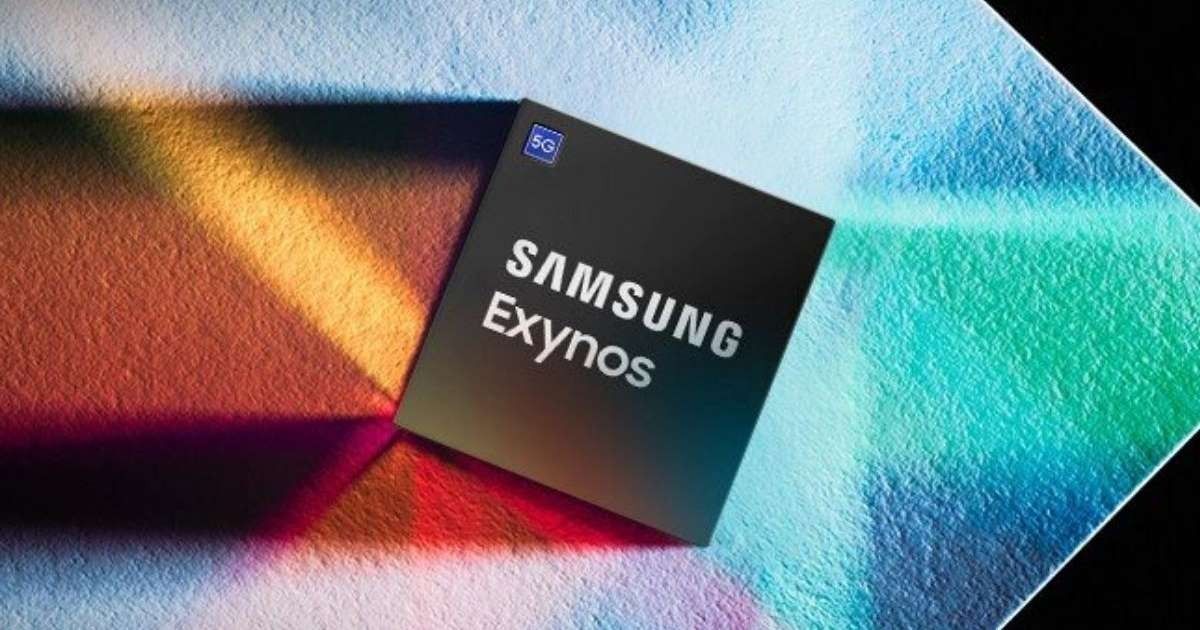
Samsung’s approach of using two chipsets for the same smartphone sold in different regions have gotten the company a lot of flak. Samsung uses the latest flagship Snapdragon chip in the S-series and Note-series smartphones sold in the US, and it’s own Exynos chip sold in rest of the world. This has often led to a varied performance results, but Samsung hopes to change things around with the upcoming Exynos 2100 SoC that will power the Samsung S21 series launching tentatively on January 14.
The chipset itself will be unveiled to the masses just two days before the launch event, on January 12, but thanks to noted tipster Ice Universe, the chipset’s Geekbench CPU test results have leaked out, giving us an idea on what to expect from the SoC.
1108 3705
1108 3785
You will see this data on the Geekbench website in a few hours
Exynos 2100 is growing— Ice universe (@UniverseIce) December 22, 2020
According to Ice Universe, the Samsung Exynos 2100 will show up on the Geekbench Browser in a few hours with a single-core performance score of 1108 and multi-core performance of 3785. That’s pretty much in line with the scores earned by the Snapdragon 888 as shared by Qualcomm, after testing it on a reference device.
The Snapdragon 888 scored 1139 and 3810 in single-core and multi-core tests respectively, which puts the Exynos 2100 pretty much at par with Qualcomm’s latest. The Apple A14 Bionic, however is way ahead of the curve with Geekbench scores of 1591 and 4138 in single-core and multi-core tests, proving Apple’s dominance in the silicon race.
Samsung Exynos 2100: 1x 2,9 GHz (ultra high perf core), 3x 2,8 GHz (high perf cores), 4x 2,4 GHz (power saving cores). Seems to still be made in 7nm process for some reason (yield issues? though that bit could be off)
— Roland Quandt (@rquandt) December 18, 2020
Just a few days back, tipster Roland Quandt tweeted about the possible specs of the Exynos 2100, claiming that the peak frequency of the chipset will be higher than the Snapdragon 888. More interesting is the fact that the Exynos 2100 will be based on a 7nm manufacturing process, as opposed to the 5nm process that Qualcomm is relying on to make the Snapdragon 888. Quandt claims this is due to the low yields by the 5nm process, and Samsung did not want to risk the availability of the S21 series worldwide.
Yet, with a generational gap between the two chipsets that will be powering the same smartphone, but in different regions, it’s fair to expect a gap in performance and efficiency, despite what the early benchmark results are stating. Shrinking the manufacturing process allows the transistors in the SoC to be more densely packed, and as a result, improve power efficiency. And the Exynos variants of the Samsung smartphones have always had issues with power consumption, especially when compared to their Qualcomm-powered counterparts.
With the launch date for the new chipset just around the corner, it’s not going to be too long before we find out what’s in store for us in 2021 from Samsung. But by the results shared by the leakster, things are certainly looking up for the Exynos 2100. At least for now.
















